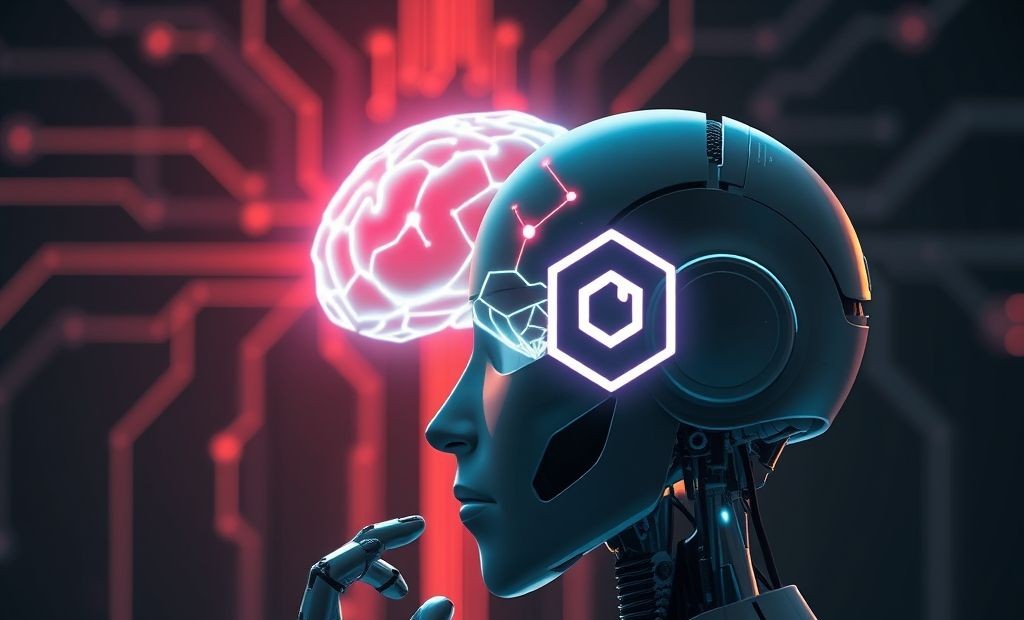ChatGPT’s Memory: Exciting or Disturbing

ChatGPT‘s Lifelong Memory: A Double-Edged Sword OpenAI CEO Sam Altman recently unveiled an ambitious vision for ChatGPT: transforming it into a lifelong digital companion capable...
⏱️ Estimated reading time: 4 min
Latest News
ChatGPT‘s Lifelong Memory: A Double-Edged Sword
OpenAI CEO Sam Altman recently unveiled an ambitious vision for ChatGPT: transforming it into a lifelong digital companion capable of remembering every facet of a user’s life. This concept, while promising enhanced personalization, also raises significant privacy and ethical considerations.YouTube
A Vision of Total Recall
At a Sequoia Capital AI event, Altman described an ideal future where ChatGPT evolves into a “very tiny reasoning model with a trillion tokens of context,” effectively storing and understanding a user’s entire life journey. This would encompass conversations, emails, books read, and even web browsing history, all integrated to provide highly personalized assistance. The Times of India
Benefits: Personalized Assistance
Such comprehensive memory could revolutionize user interactions with AI. ChatGPT could offer tailored advice, recall past preferences, and assist in managing daily tasks with unprecedented accuracy. For instance, it could remind users of previous commitments, suggest activities based on past interests, or provide context-aware responses that align with the user’s history.Interesting Engineering
Risks: Privacy and Ethical Concerns
However, this level of data retention introduces significant risks. Storing extensive personal information could lead to potential misuse, data breaches, or unauthorized access. Moreover, there’s the concern of over-reliance on AI, where users might depend too heavily on ChatGPT for decision-making, potentially diminishing personal autonomy.
Current Developments
OpenAI has already begun implementing memory features in ChatGPT. The AI can now recall past interactions, allowing for more coherent and context-rich conversations. Users have control over this feature, with options to manage or delete stored memories, ensuring a balance between personalization and privacy. DailyAI

Altman’s vision signifies a transformative shift in human-AI interaction, aiming for a future where AI serves as an ever-present, personalized assistant. While the potential benefits are substantial, it’s imperative to address the accompanying ethical and privacy challenges to ensure that such advancements serve humanity’s best interests.
For a more in-depth exploration of this topic, you can read the full article on TechCrunch: Sam Altman’s goal for ChatGPT to remember ‘your whole life’ is both exciting and disturbing.
The Allure of a Personal AI
Imagine having an AI companion that truly knows you – your preferences, your history, your aspirations. This is the promise of ChatGPT with a lifelong memory. This could revolutionize how we interact with technology, offering personalized assistance, tailored recommendations, and a seamless user experience. The possibilities span from enhanced productivity to deeper creative collaboration.
Personalized Learning and Development
With lifelong memory, ChatGPT could become an invaluable tool for personalized learning. It could track your progress, identify knowledge gaps, and curate educational content tailored to your specific needs and learning style. This approach has the potential to accelerate skill acquisition and empower individuals to pursue lifelong learning more effectively.
Enhanced Productivity and Task Management
Imagine ChatGPT proactively managing your schedule, anticipating your needs, and automating routine tasks based on its understanding of your past behavior. This level of personalization could significantly boost productivity and free up valuable time for more creative and strategic endeavors.
The Dark Side: Privacy Concerns and Potential Misuse
While the benefits of a lifelong AI memory are enticing, the privacy implications are profound. Storing and accessing vast amounts of personal data raises significant concerns about security breaches, data misuse, and potential surveillance. We must carefully consider the ethical and societal implications of such technology.
Data Security and Privacy Breaches
The risk of data breaches is a major concern. If a malicious actor gains access to ChatGPT‘s memory, they could potentially obtain a wealth of sensitive personal information, leading to identity theft, financial fraud, or other forms of harm. Robust security measures and stringent data protection protocols are essential to mitigate this risk.
Algorithmic Bias and Discrimination
ChatGPT‘s responses will be shaped by the data it is trained on. If the training data reflects existing societal biases, the AI may perpetuate and amplify those biases in its interactions with users. This could lead to unfair or discriminatory outcomes, particularly for marginalized groups. Addressing algorithmic bias is a critical challenge in developing ethical and equitable AI systems.
The Potential for Manipulation and Surveillance
A lifelong AI memory could be used to manipulate or control individuals by exploiting their personal information and vulnerabilities. Furthermore, governments or corporations could potentially use this technology for mass surveillance, monitoring people’s activities and thoughts without their knowledge or consent. Safeguards against these potential abuses are vital to protect individual autonomy and freedom.
Related Posts
Bluesky Enhances Moderation for Transparency, Better Tracking
Bluesky Updates Moderation Policies for Enhanced Transparency Bluesky, the decentralized social network aiming to compete...
December 11, 2025

Google Maps: Gemini Tips, EV Charger Predictions & More!
Google Maps Gets Smarter: Gemini Tips & EV Updates Google Maps is enhancing user experience...
December 9, 2025

Adobe Acquires Semrush in $1.9B SEO Power Play
Adobe to Acquire Semrush for $1.9 Billion Adobe announced its agreement to acquire the search...
December 1, 2025











Leave a Reply